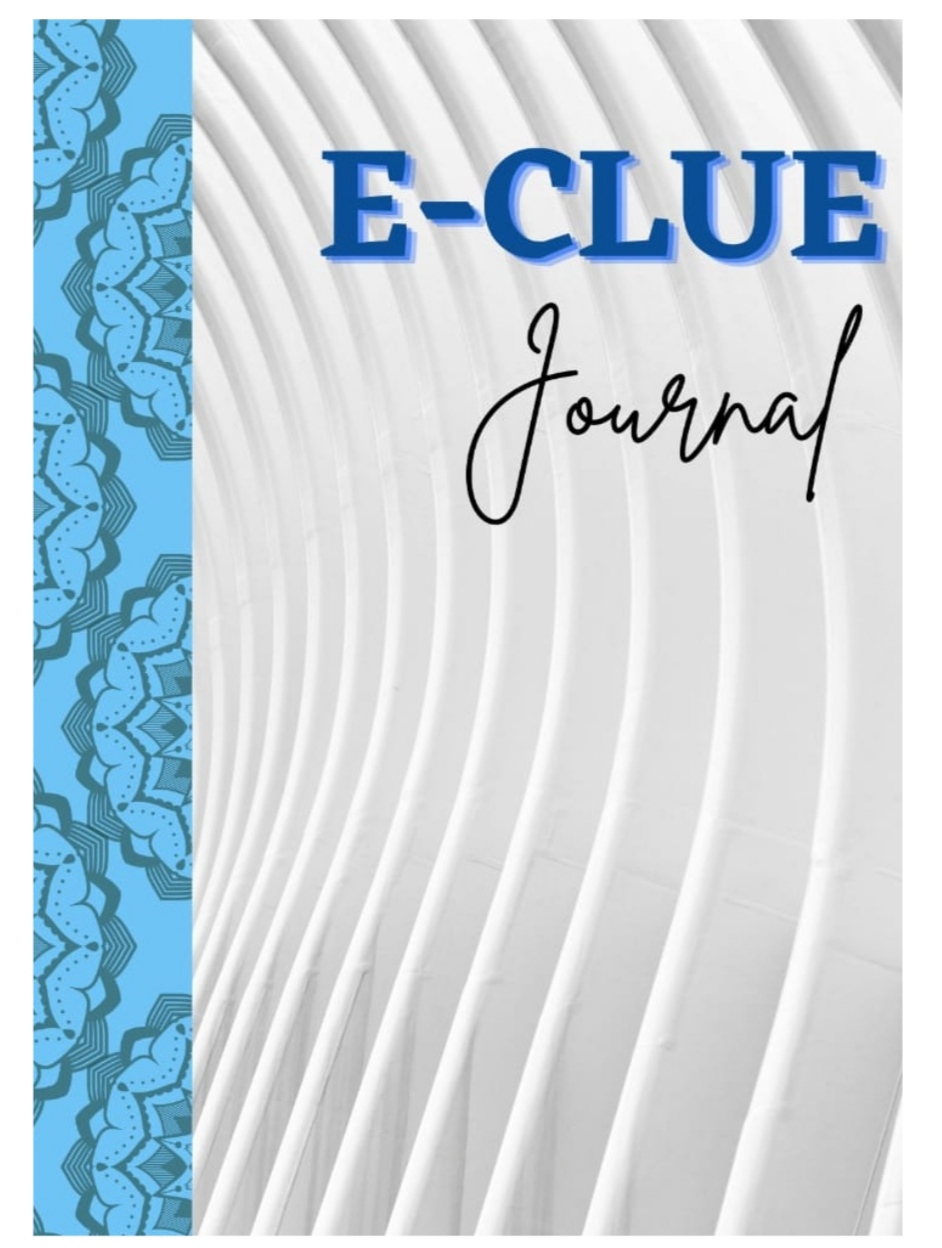Between Vocabulary and Digital Media: To what Extent the Implementation of TikTok in EFL Classroom Setting
DOI:
https://doi.org/10.53682/eclue.v13i1.11702Keywords:
Vocabulary, EFL, TikTok Application, Digital Media, ImplementationAbstract
The purpose of this research is to determine whether TikTok can improve students vocabulary mastery With the rise of social media as an innovative educational resource TikTok s engaging video format presents a unique opportunity for language learning This is a quantitative study using pre test and post test design through written test in a form of Multiple Choice fill in the blank Mix and Match question and questionnaire The subjects of this study consisted of 18 students from Class 10 at SMA Negeri 1 Tatoareng The highest score on the pre test was 50 while the lowest score was 20 In contrast the post test results showed a remarkable improvement with the highest score reaching 100 and the lowest score being 80 while the mean score for the pre test was 40 and the mean score for the post test go up till to 85 These results indicate significant improvements leading to the conclusion that TikTok is an effective learning medium for enhancing English vocabulary mastery among students at SMA N 1 Tatoareng < p>
References
Akrim M 2018 Media Learning in Digital Era 231 Amca 458 460 https: doi org 10 2991 amca 18 2018 127
Asri Arifatul Haniah Rosnita S 2019 Pengaruh Penggunaan Model Inkuiri Terhadap Jurnal Pendidikan Dan Pembelajaran Khatulistiwa 4 12 1 8
Chonnia I U Izzah L 2022 The Use of Squid Game Simulation for Challenging Students Vocabulary Mastery Journal of Languages and Language Teaching 10 4 508 https: doi org 10 33394 jollt v10i4 6000
Clark R E Craig T G 1992 Research and Theory on Multi Media Learning Effects Interactive Multimedia Learning Environments 19 30 https: doi org 10 1007 978 3 642 77705 9_2
Lengkoan F P L Hampp 2022 Imitation Technique in Learning English At English Education Department Universitas Negeri Manado Jurnal Pendidikan Bahasa Inggris Indonesia 10 1 48 53 https: doi org 10 23887 jpbi v10i1 668
Gushendra R 2017 an Experimental Study: Improving Students Vocabulary Mastery By Using English Songs Indonesian Journal of Integrated English Language Teaching 3 1 53 64 https: doi org 10 24014 ijielt v3i1 3968
Lengkoan F 2017 A Study on the Use of Songs to Improve Students Pronunciation and Listening Skill Journal of English Language and Literature Teaching 2 02 217 228 https: doi org 10 36412 jellt v2i02 14
Liando N 2013 Bilingual and Regular Class Students Attitudes Towards English Litera 11 2 https: doi org 10 21831 ltr v11i2 1068
Liando N V F Mangare A R D Olii S T 2021 Using Bright English for Beginners Application to Enrich Students Vocabulary Jurnal Pendidikan Bahasa Inggris Undiksha 9 3 290 https: doi org 10 23887 jpbi v9i3 39126
Marleni L Sari N Hardi V A 2021 Improving the Students Speaking Skill by Using Tik Tok Application Lembaga Pengabdian Dan Pahlawan Universitas Tambusai Tuanku https: staff universitaspahlawan ac id upload riset 148 lampiran pdf
Nurhamdah H M 2020 Journal of Linguistics and English Teaching Studies Journal of Linguistics and English Teaching Studies 2013 25 43
Rorimpandey R Andries F 2023 Utilization of the Talking Stick Learning Model in Improving English Vocabulary Mastery Atlantis Press SARL https: doi org 10 2991 978 2 494069 35 0_161
Santi H A N Pratama J A Amrillah R 2024 Manajemen Mutu Pendidikan Islam Jurnal Ilmiah Multidisiplin 3 03 110 116 https: doi org 10 56127 jukim v3i03 1335
E Clue: Journal of English Culture Language Literature and Education 168
Saragi D M Sirait L Pardede J F Moningka L M Putri W M 2023 Upaya Peningkatan Kosakata Bahasa Inggris Melalui Media Sosial oleh Siswa I SMPN 163 Jakarta 1 30 62 71
Senjyu T Mahalle P N Perumal T Joshi A 2020 Information and Communication Technology for Intelligent Systems Vol 1
Sukardi P D 2003 Metodologi Penelitian Pendidikan Jakarta: Bumi Aksara 34
Sukrina V 2010 Improving students vocabulary mastery by using realia TRANSFORM Journal of English Language Teaching and Learning of FBS UNIMED 1 2
Uzer V Y 2017 The correlation between vocabulary mastery and English speaking ability of the tenth grade students of Senior High School 12 Palembang ANGLO SAXON Jurnal Ilmiah Prodi Pendidikan Bahasa Inggris 8 2 251 258
Zakir Hussain 2018 the Effects of Ict Based Learning on Students Vocabulary Mastery in Junior High Schools in Bandung International Journal of Education 10 2 149 156






